A. Create a VCL Forms Application.
B. Put a TListBox on the form and fill in some items at design-time, for example:
C. Set the Form's KeyPreview property to True:
D. In the Form's OnKeyDownevent-handler write this code:
procedure TForm1.FormKeyDown(Sender: TObject; var Key: Word; Shift: TShiftState);
begin
if Key = VK_BACK then
begin
if ListBox1.Focused then
begin
Key := 0;
CodeSite.Send('ListBox1 is focused!');
end;
end;
end;
E. Run the program and select Item5 by clicking on it:
Now ListBox1 has the focus.
F. Now press the BACKSPACE key. Supposedly, setting Key := 0; in the Form's OnKeyDownevent-handler should block the BACKSPACE key from being processed by the ListBox1 control. But this does not work, as you can see: The BACKSPACE key caused to change the selection from Item5 to Item1:
So how can I prevent the BACKSPACE key from being processed in the focused ListBox control and to change the ListBox's selection?
Delphi 10.1 Berlin Update 2
Windows 7 x64 SP1



